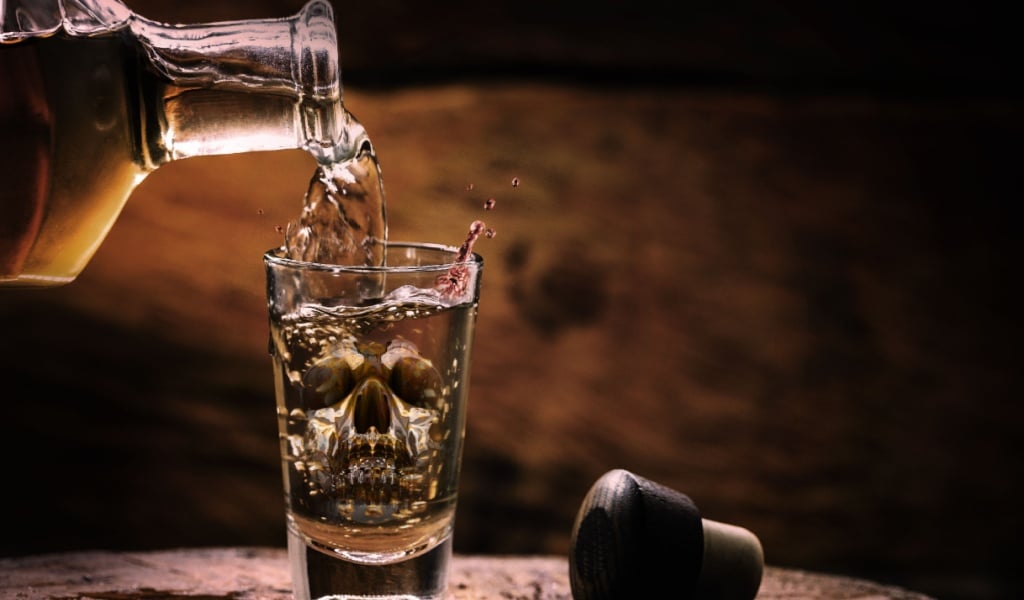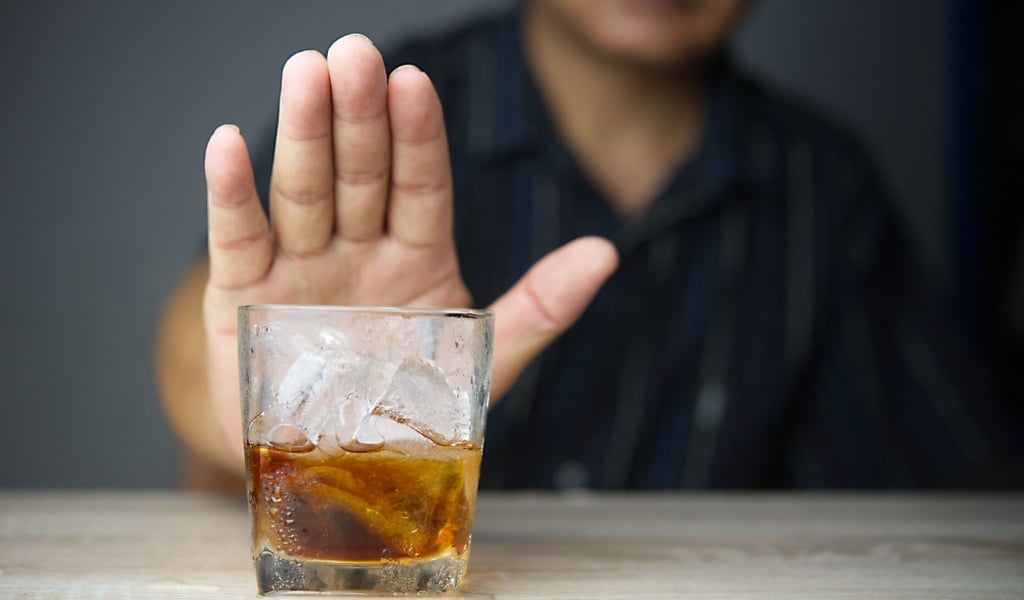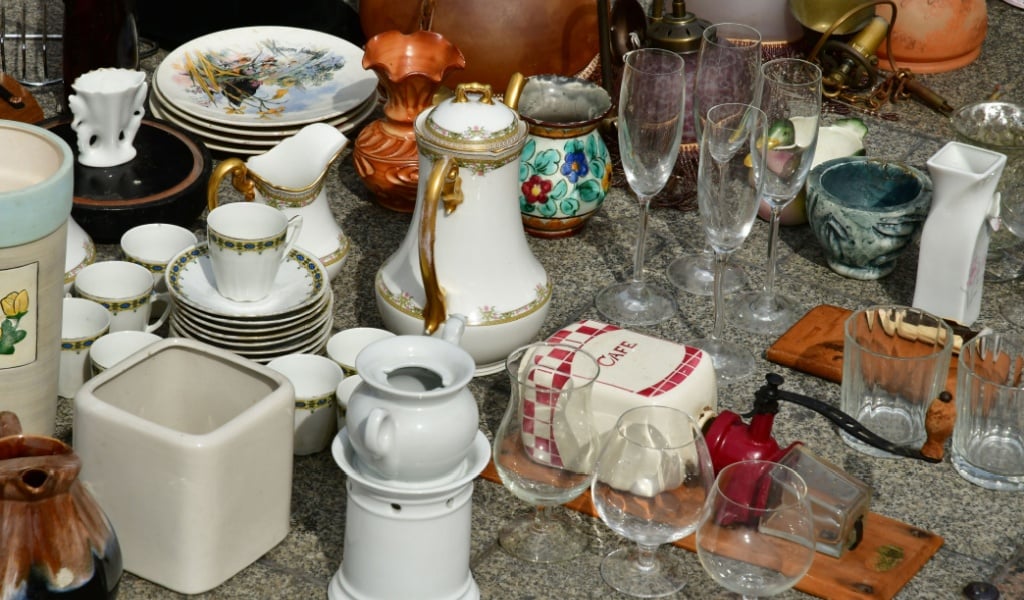Drinking alcohol has always been portrayed as this “fun” and “cool” thing to do, and some even go far as to suggest that it comes with health benefits. So, is alcohol as great as it’s portrayed to be? Or is it just a lie that booze companies propagate?
How many people have been misled by the narrative that they need alcohol to have a great time, relax, or celebrate? Everyone seems to drink, and peer pressure forces others into it. Unfortunately, alcohol addiction can sneak up on anyone, destroying the lives of everyone around.
Let’s take some time to uncover the lies we’ve been fed about alcohol and see it from a scientific perspective.

Alcohol Is Good For Health
Despite the long-standing belief that small amounts of alcohol can be good for you, public health leaders at WHO have conveyed that no amount of alcohol is beneficial for health. Research has unequivocally proven that liquor consumption plays a causal role in over 200 types of diseases, including heart problems, cancer, gut issues, sleep disruption, and weight gain. Alcohol is a leading cause of cancer, and its correlation with increased oral cancer and breast cancer risk is very significant. In fact, alcohol is responsible for about 100,000 breast cancer cases globally every year.
Alcohol Helps You Sleep Better
Many people consider alcohol to be a sleep aid due to its sedating properties that can help to fall asleep. While being drunk can make you pass out, it won’t help your sleep quality. Alcohol triggers a type of jittery, unsettled sleep that doesn’t allow your body to reach the levels of relaxation achieved through deep sleep. If you’ve ever woken up with a hangover, you’ll know this. Fascinatingly, even one boozy nightcap can cause a restless night!
Alcohol Calms You Down
Most people turn to alcohol to reduce their anxiety due to its tranquilizing properties. Yes, alcohol works on the same neural receptors as certain drugs, such as Xanax, and its calming effects are true. However, not many people talk about the impact of the rebound.
What if your anxiety is related to consuming alcohol? People turn to liquor to take the edge off, but the anxiety that hits after drinking is very powerful and can carry a sense of agitation and unease all through the day.
Physiological effects aside, drinking alcohol lowers inhibitions, leading to increased stress in the aftermath. Think about it: how horrible is it to not remember things after drinking? Getting into embarrassing situations or trying to clean up the mess from the night before when you had no clue what you were doing is enough to breed a whole different level of anxiety.
Furthermore, when you rely on alcohol to deal with anxiety, it can hinder in the way of developing other and more useful coping mechanisms.
Alcohol Helps You Deal With Difficulties In Life
Have you ever fallen victim to the promise that alcohol will make you feel better? Whether it’s a difficult day, a tough relationship, or even the death of a loved one, many people turn to alcohol to create a numbness and put a haze between themselves and their problems. This haze not only dims one’s issues but also dims out the awareness of other good things in life.
Life is full of ups and downs, and accepting both is key to living meaningfully and authentically. After all, sobriety is necessary for creating a solid presence and an ability to experience and interact with life directly!

Alcohol Cultivates Honesty and Bonding
Many people assume that drinking alcohol helps people – even strangers – to bond better and strengthen relationships. Shared experiences and interactions can create a sense of connection, but when this interaction is from booze-induced settings, it doesn’t hold up too well! Drunk conversations are not always truthful and do not always translate into genuine relationships. A seemingly deep conversation in the bar might seem great at the moment, but alcohol would probably have distorted emotional perception a great deal.
While holding conversations under the effect of alcohol could be more effortless, it isn’t always authentic. The exact relationship will feel less fulfilling when alcohol is not involved, causing long-term social issues and ingenuine connections!
No Celebration Is Complete Without Alcohol
Alcohol is strongly associated with pleasure, so much so that many people think that no celebration is complete without alcohol. From weddings and birthdays to anniversaries and even sporting events, everything is apparently better with alcohol.
Culture plays a key part in this perception, and even non-drinkers may be persuaded to have a glass or two under the guise of merriment. In addition to causing numerous health issues in the long run, nothing can diminish the pleasure of a happy event more than drinking alcohol if and when lowered inhibitions cause chaos.
Final Thoughts
In 1987, the World Health Organization published a report that alcohol causes cancer. But sales have remained consistently strong since, with the alcohol market hitting billions of dollars a year. Despite experts being more vocal in warning people about the adverse effects of alcohol, not many people are listening to them.
Everyone knows that alcohol is bad for health. By misuse and overuse, many lives, livelihoods, and relationships have been ruined, not to mention untold accidents. But the alcohol industry spends a ton of money to portray a counter narrative, which many have ended up believing.
Unfortunately, the way that alcohol has been normalized, marketed, and propagated has shaped the way many people view drinking. The cover must be lifted, which is why it’s crucial to separate fact from fiction so people can explore the honest and real effects that alcohol can have. People need to let go of alcohol’s false promises and reclaim control of their health and critical thinking skills. You must find healthier ways to unwind and relax, like meditation, exercise, and creative outlets. People should also be encouraged to seek help and support without any stigma attached to it. Whether it is professional help, talking to a friend, or joining a support group, there are many ways of navigating alcohol addiction without feeling overwhelmed or isolated!



